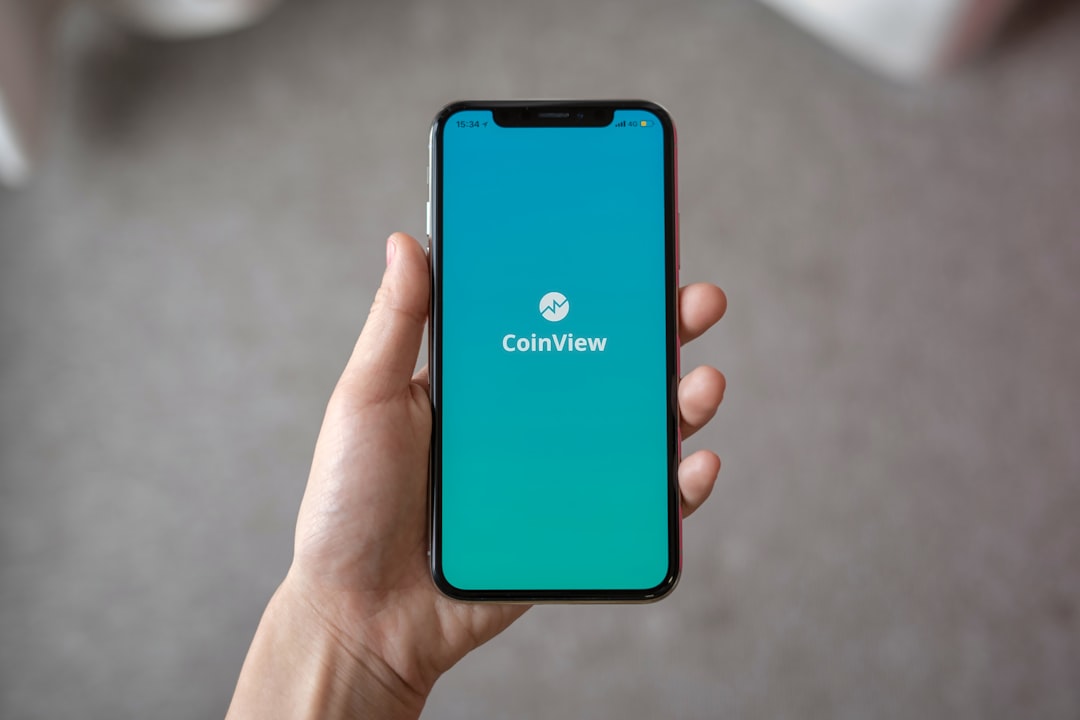In Gillette, Wyoming, automated dialing systems for marketing and sales have led to a surge in unsolicited calls from "do not call" law firms, disrupting the close-knit community atmosphere. This issue highlights the need for balanced technology regulation regarding do not call laws in Wyoming. While these systems enhance legal practices by improving efficiency and client satisfaction, they also pose privacy risks to consumers. Residents are advised to take proactive measures like using call-blocking apps and registering on 'Do Not Call' lists to protect themselves from unwanted calls and data compromises.
“In the digital age, automated dialing systems have transformed how businesses connect with consumers. This article takes a deep dive into the effects of these technologies in Gillette, Wyoming, and their broader implications. We explore the benefits for legal sector businesses and consumers alike, from improved efficiency to enhanced access to justice. However, we also delve into potential challenges, particularly regarding consumer privacy and scams, offering practical tips to protect yourself from unwanted or malicious calls. Understanding these dynamics is crucial for both residents of Gillette and ‘do not call’ law firm Wyoming initiatives.”
Understanding Automated Dialing Systems and Their Growing Presence in Gillette, Wyoming

In the digital age, automated dialing systems have become increasingly prevalent in Gillette, Wyoming, and across the globe. These technologies utilize computer software to automatically dial phone numbers en masse, often for marketing or sales purposes. In Gillette, as in many places, this has led to a rise in unsolicited calls from businesses, including what are commonly known as “do not call” law firm operations. Consumers often find these automated calls intrusive and disruptive, prompting growing concerns about privacy and consumer protection.
Gillette’s status as a small, tight-knit community further complicates the issue. Automated dialing systems can feel particularly aggressive in such environments, where residents may be more attuned to their immediate surroundings. This has led many Gillette residents to advocate for stricter regulations on automated calling practices, ensuring that technological advancements respect individual privacy and do not overwhelm consumers with unwanted communications.
The Positive Impacts on Businesses and Consumers in the Legal Sector

Automated dialing systems, while often associated with telemarketing and sales calls, have significantly positively impacted the legal sector in recent years. For businesses operating within the law firm space, these technologies offer enhanced efficiency and improved client communication. Automated dialing allows for rapid and accurate contact with potential clients or existing customers, streamlining processes like appointment scheduling, case updates, and important reminders, thereby boosting operational productivity.
In Wyoming and beyond, do not call law firm regulations have evolved to protect consumers from unwanted calls. However, automated systems designed for legal purposes adhere to these guidelines, ensuring compliance while providing invaluable benefits. They enable law firms to maintain open lines of communication with clients, offer quick responses to inquiries, and even collect valuable data for personalized service. This results in enhanced client satisfaction and retention rates, fostering a more robust and responsive legal practice.
Navigating Potential Challenges: Consumer Privacy, Scams, and How to Protect Yourself

Navigating Potential Challenges: Consumer Privacy, Scams, and How to Protect Yourself
In an era where automated dialing systems have become ubiquitous, consumers in Gillette and beyond face unique challenges related to privacy and scams. As these systems generate vast numbers of calls, personal information becomes increasingly vulnerable to unauthorized access. Consumers must be vigilant against potential data breaches, where their phone numbers, names, and even financial details could be harvested for malicious purposes.
To protect themselves, consumers should exercise caution when answering unknown calls and avoid sharing sensitive information over the phone unless they have initiated the contact. Keeping call-blocking apps up to date and registering on ‘Do Not Call’ registries can also help mitigate unwanted calls. By staying informed and adopting proactive measures, consumers can better navigate these challenges and enjoy greater peace of mind in an increasingly automated world.






